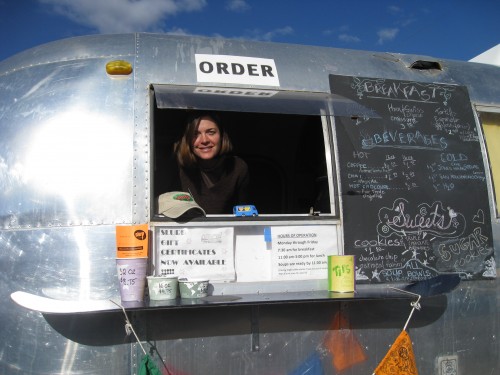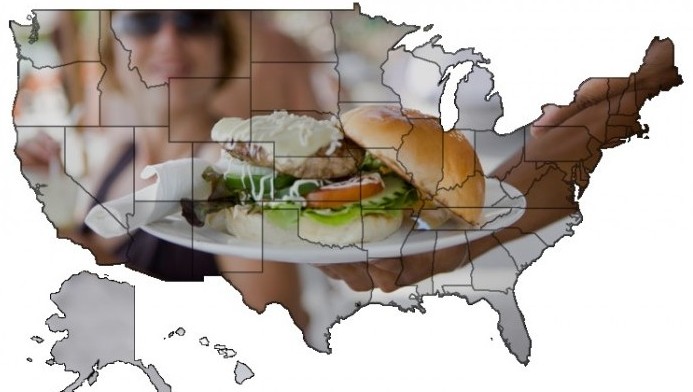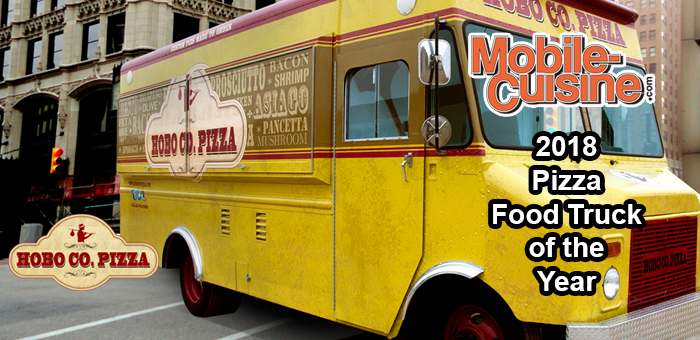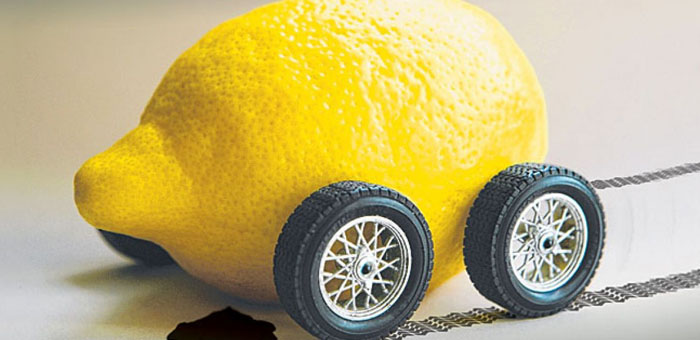At least once a day, and some days many times more, a customer standing outside our window sidles up a little closer to the snowboard pass through and confides a health concern. Often, the comment is cast in the context of food, like “Does the Mulligatawny have tomatoes in it? I have terrible acid reflux.” But mostly we receive these morsels of compromised health as a priest might receive confessionals, minus the secrecy part. They come after our “hellos” and “How are yous?” And they relay surprisingly intimate information.
We’ve heard about irritable bowels and allergies, cancers and constipation, colds and gastrointestinal dilemmas. Dental problems—tooth extractions, root canals, and gum disease—are more prolific than I’d ever imagined. And of course there’s the take out lunch bought for the “friend” or “husband” suffering from some-such unnamed condition that prevents her or him from having rice or gluten, salt or spice. Plus, the psychological conditions! (This is Santa Fe. Everyone divulges the name of his or her “amazing” new therapist or yogi, throwing in the reasons they see their healer with casual aplomb.)
My psychological condition, among others, happens to be an extreme phobia about anything medical. It’s long entrenched, and I’m sure many a therapist would have a heyday with it. My own pediatric visits always involved tears and tantrums, and taking my kids in for immunizations required steeling myself for the moment when the nurse would direct me to hold one of my babes straight-jacket style while she unflinchingly pierced the sweet skin of their plump infant thighs. For me, blood work means fainting. The smell of alcohol sends me reeling. And I once worked in the PR department of a hospital where adult professionals got their kicks out of sending me, lowly intern, into, say, the intensive care ward to deliver documents. So when customers begin sharing their illnesses, I interrupt the diagnoses, take their orders, and retreat into the trailer and grab a ladle.
Carlos, on the other hand, has told me he would have liked to have been a doctor—a surgeon—had he not pursued an education in graphic design and a career in creating, His responses to our customers’ ever-growing repertoire of ailments are opposite mine, resembling the gentle understanding the doctor at the cocktail party gives his or her friends. He smiles, listens intently, assures that ‘it will all be ok,’ and proceeds to sell soup.
So it came as a surprise last week when a regular customer asked me how I was doing, and – boom – I blurted out my own health concern candidly. I usually talk music with this man, exchanging the details on what our teenagers‘ band-of-the-moment happens to be. So I’m sure my sudden tell-all took him aback. If it did, he didn’t betray his surprise, and left with a bag of bread and soup and the directive to “take good care,” shouted to me over his shoulder as he walked away.
Maybe it’s because we sell soup, the classic, all-time antidote to sickness, that we hear so much about what’s ailing others. Or maybe we seem like bartenders to our customers, our ears open empathetically to the intimate details of their lives. Maybe chefs and cooks hear these kinds of things all the time (if so, write and tell me), but I sorta’ think not, isolated as they usually are in the back of a restaurant.
I’ve noted before that our Airstream kitchen doubles as our own little “temple.” Cooking from scratch—really getting up to our elbows in the creation of simple foods—has been good for what ails us, so perhaps it’s good medicine for others too. Healing power in a bowl or wedge of bread… Outrageous? Not so in the words of one of my all-time favorite food writers, M.F.K. Fisher: “I still think that one of the pleasantest of all emotions is to know that I, with my brain and my hands, have nourished my beloved few, that I have concocted a stew or a story, a rarity or a plain dish, to sustain them truly against the hungers of the world.”
Follow Rebecca on Twitter: @SLURPSantaFe




